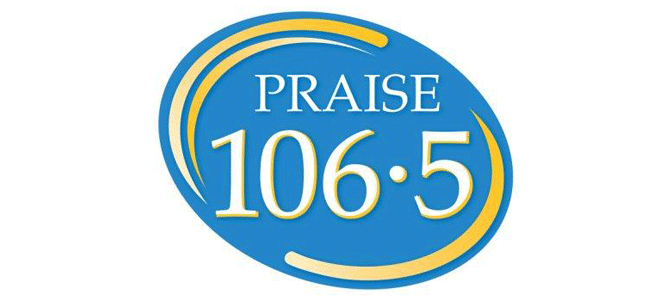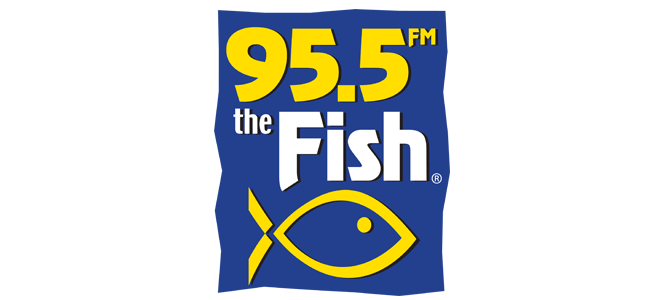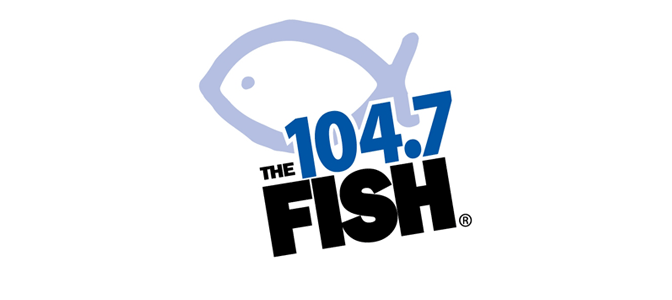“You saved my life,” she said. I moved a little closer to hear.
I was eavesdropping on a conversation between my friend Tyler and a listener (hereafter referred to as a P1) who had heard Tyler share on the air about getting a mammogram. The listener, er-P1, was prompted to do likewise and discovered the early stage of breast cancer. Tyler had, in fact, played a role in saving her life.

That listener, er- P1, could have told Tyler that she really loved “This Day in History” at 7:35 every morning (“National Belly Button Lent Day”, dontcha know), or that she enjoyed the no-repeat workday marathon with no talk, or that she really enjoyed the talk over bed on the new weather jingle. But what this listener, er-P1, was reacting to was not some programming tactic (although there is nothing wrong with that to quote the great philosopher Seinfeld), but rather to Tyler sharing something meaningful and relevant to that listener’s life.
In our PPM navel-gazing we allow ourselves to be lured into assuming our listeners’ life choices are driven almost exclusively by what we do in our tiny 12 x 12 studio. We lose our perspective of listeners as real people, their humanness diminished to nothing more than a statistic. They become a P1; nothing more. Which reminds me of a recent grocery store run where I saw the stock boy so focused on loading shelves that he didn’t notice he was blocking people’s way. In other words, he was so busy with the task at hand that he lost perspective of why the customers were there in the first place.
How’s this for a humbling statistic?
Nielsen data indicates heavy radio listeners, er-P1s, only spend 6% of their waking time with their favorite station. Six percent, gulp. And those are the heavy listeners.
It is impossible to finagle your way into that 6% of waking hours by becoming less meaningful. The hand-wringing effort we make to strip down our radio stations in an effort to imprint one additional data point can only result in becoming what my friend Mark Ramsey refers to as “no one’s favorite I-Pod”.
Play lots of music? Of course! Be efficient with talk? Certainly! Discipline is imperative.
But consider this:
The impact of our format could be transformed if we paid more attention to being a part of saving lives than saving quarter hours.
I’ve met people who know how to do both!





























